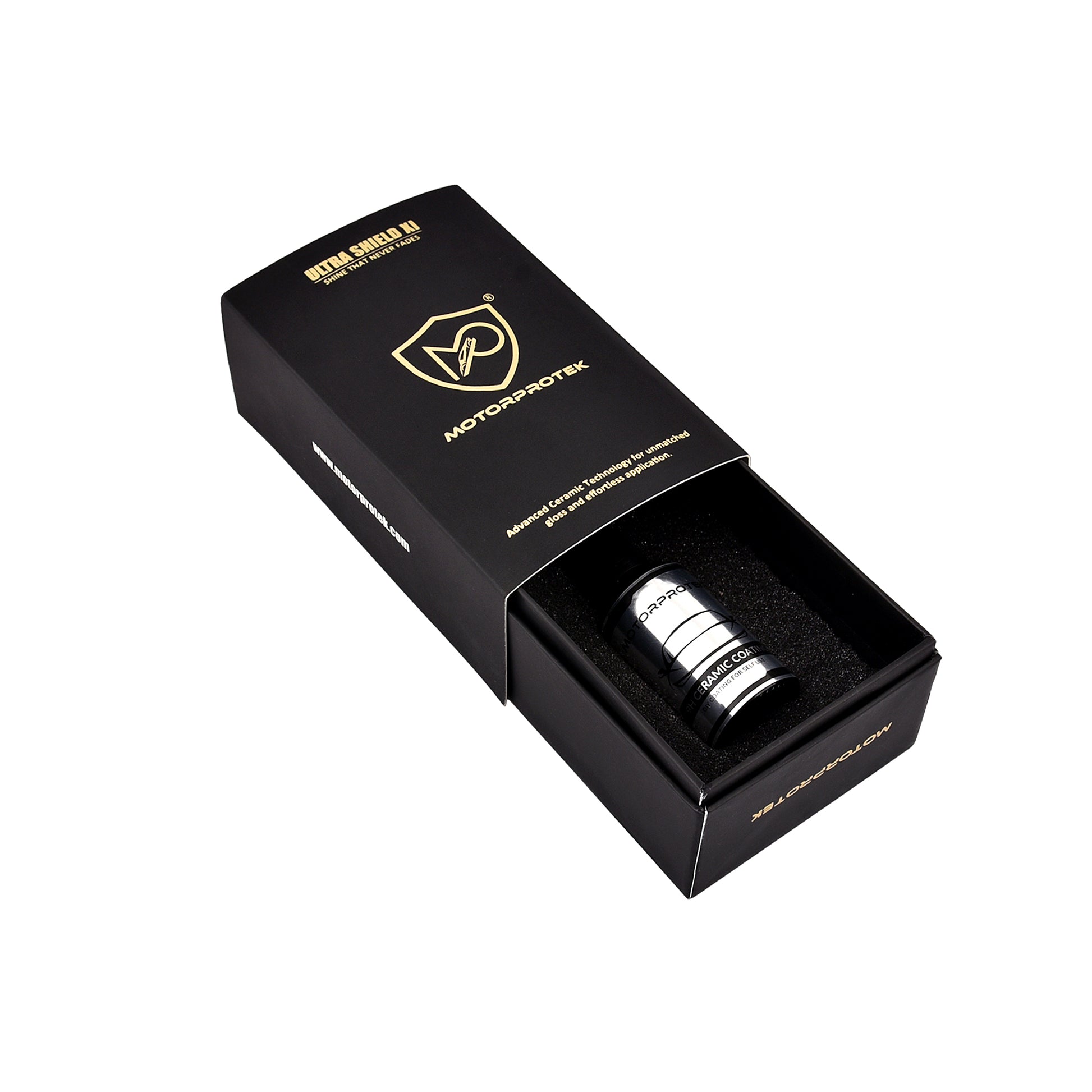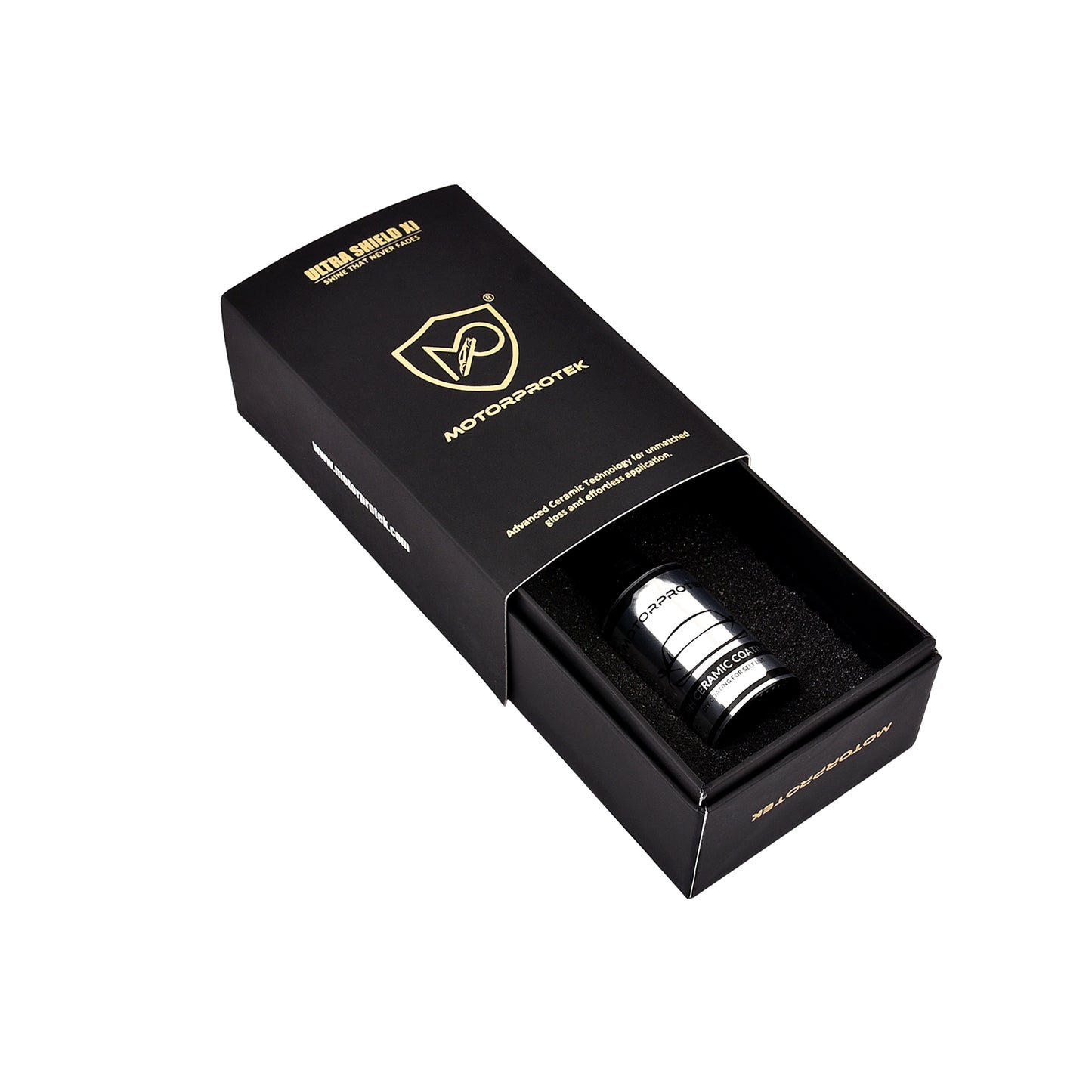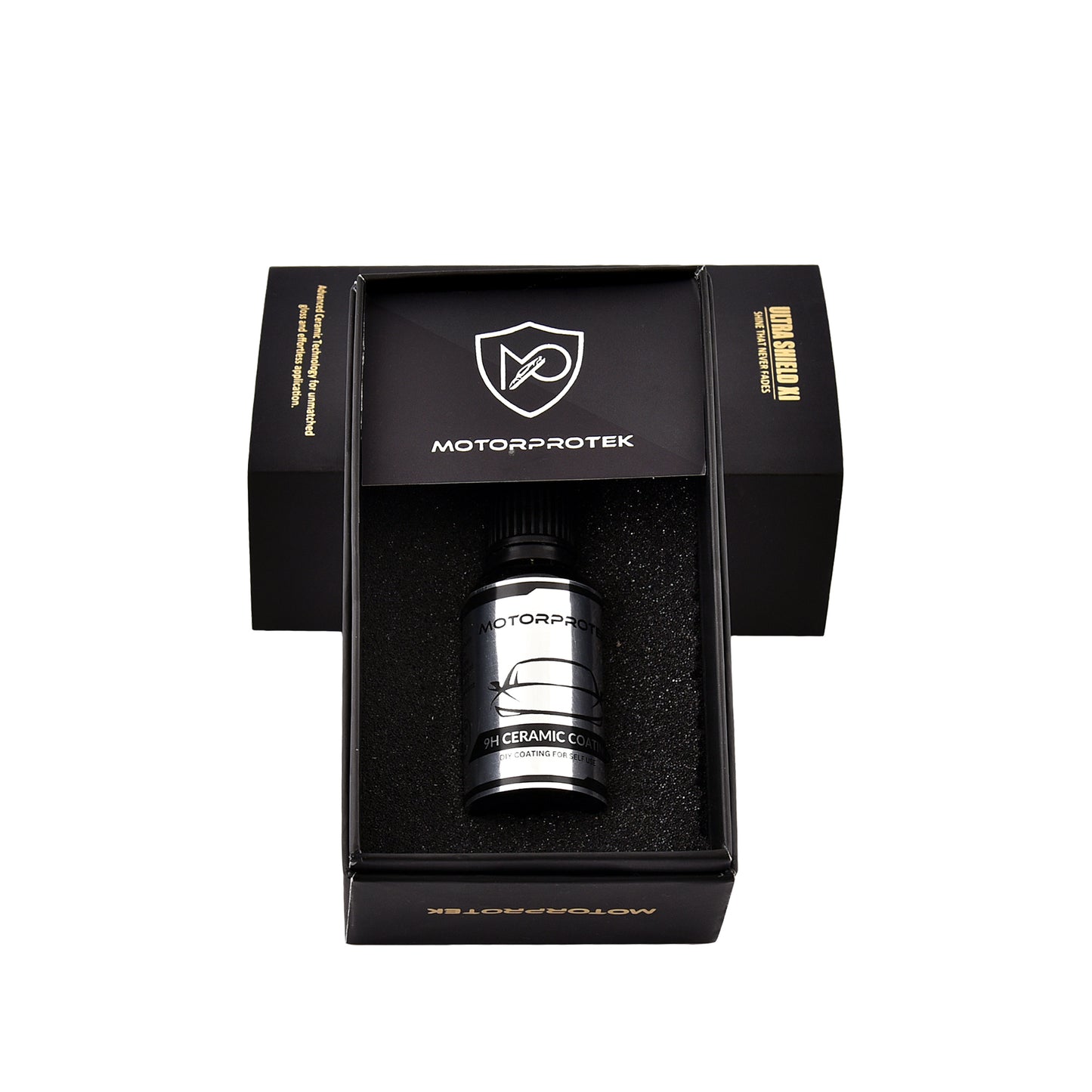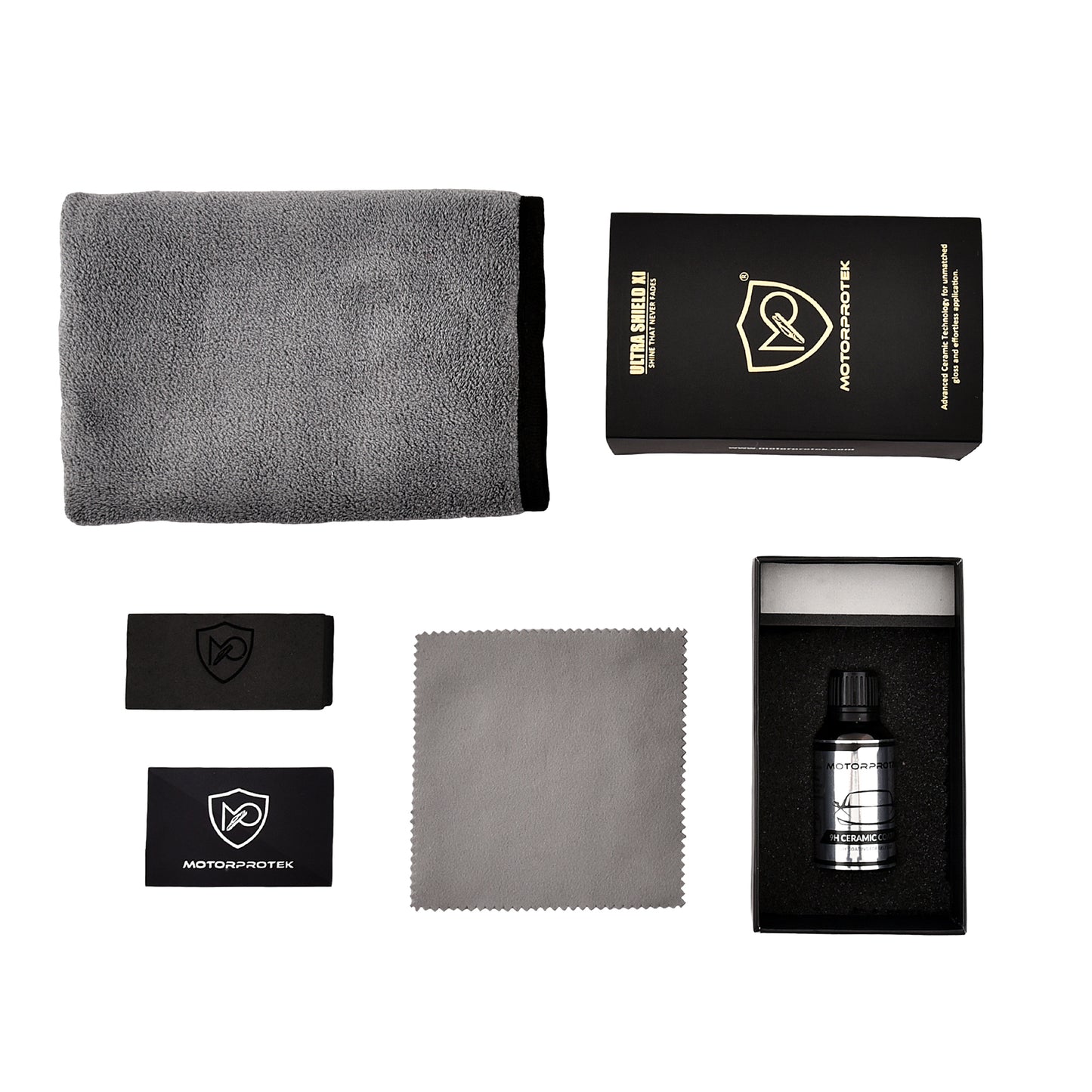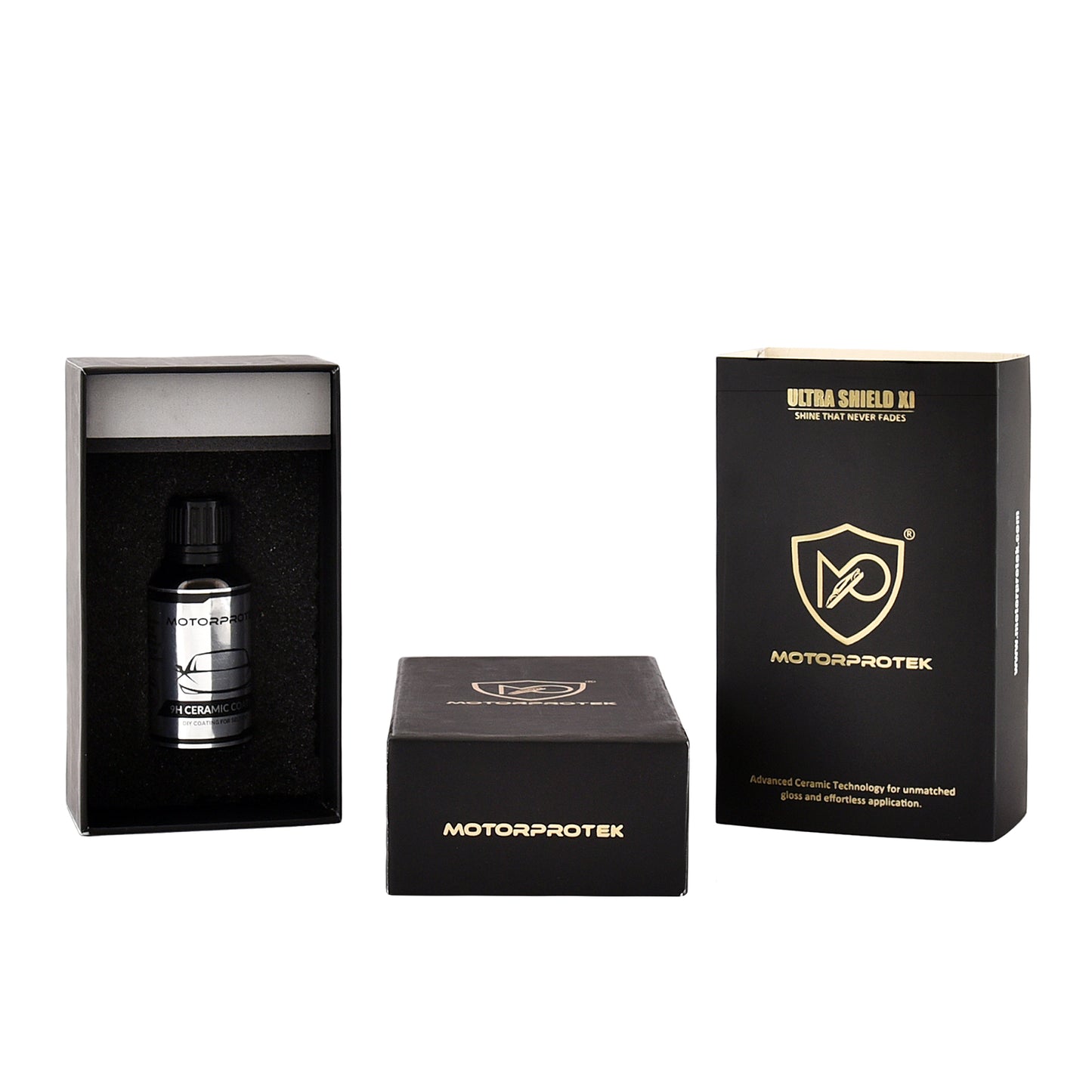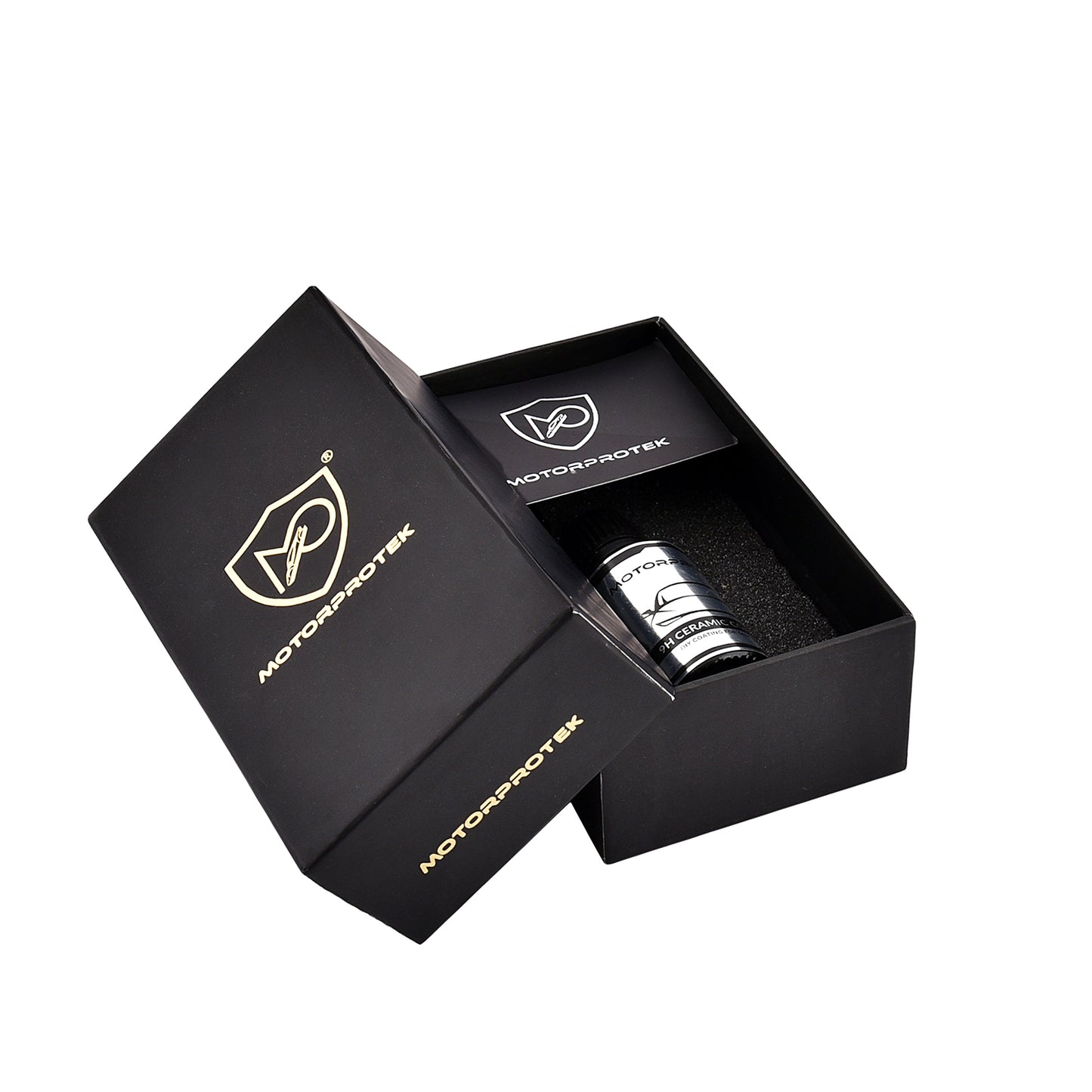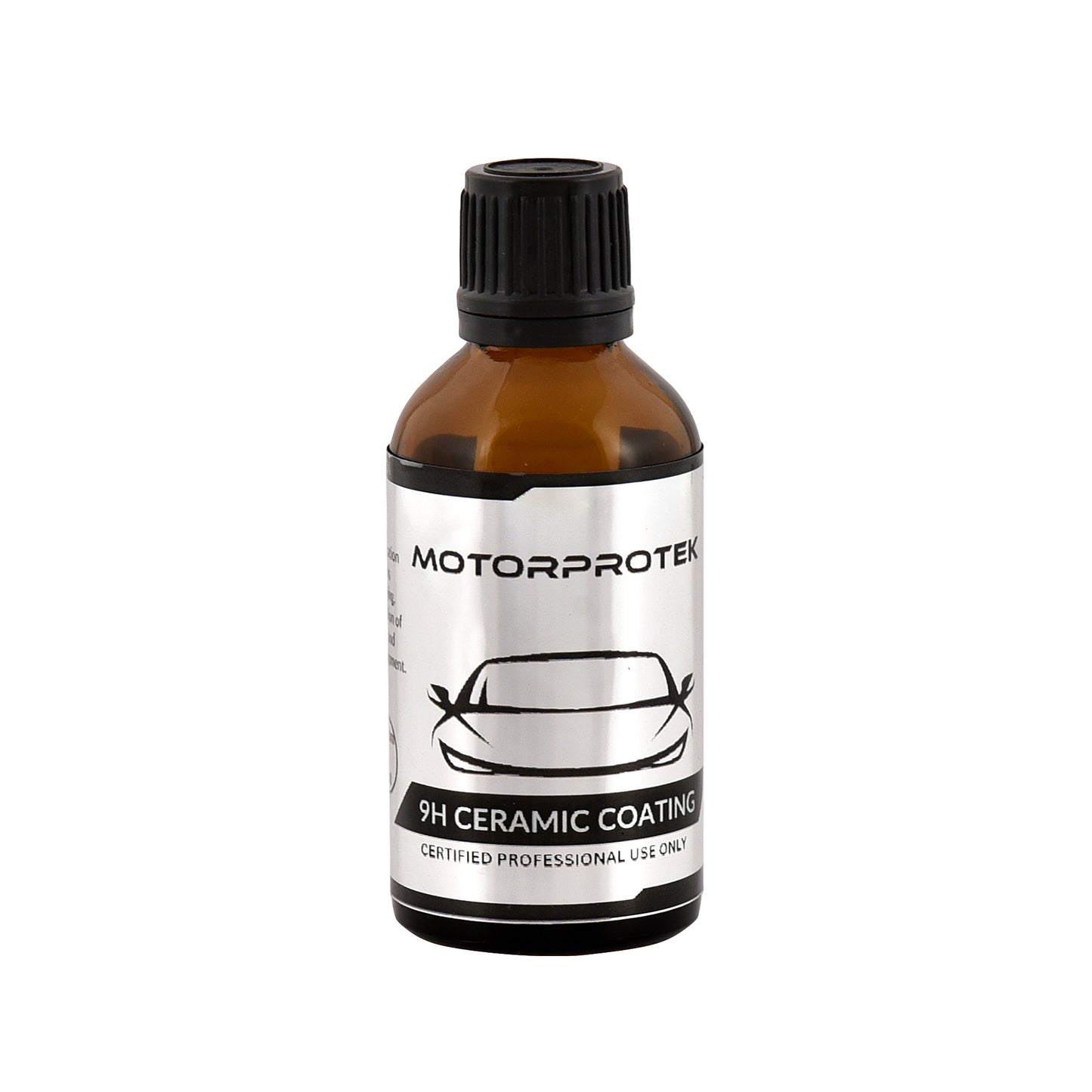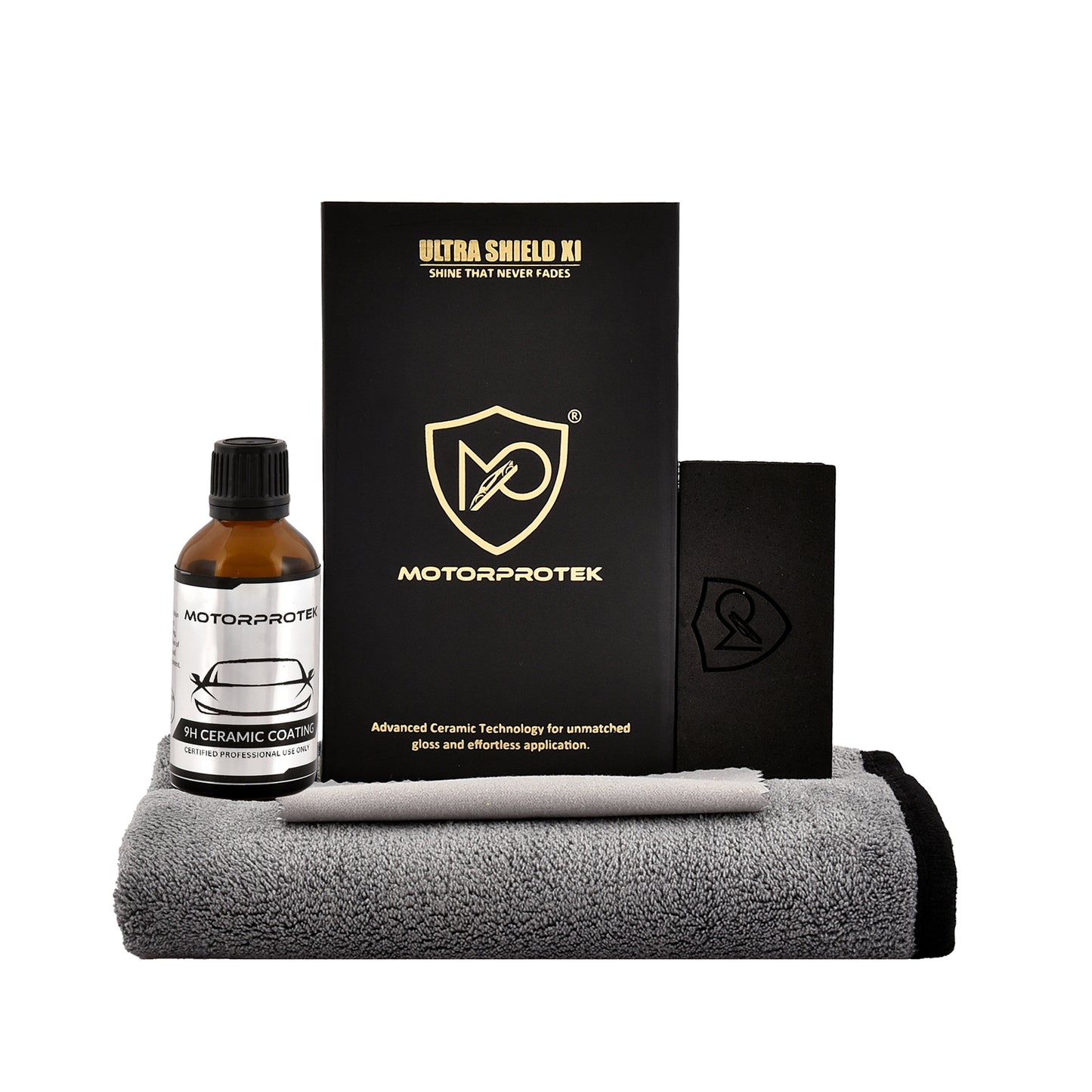As a car owner, you take pride in keeping your vehicle looking brand new, and nothing can be more frustrating than seeing scratches, swirls, and chips on your car's paint job. Fortunately, there's a solution that can help you avoid these problems and keep your car looking great for years to come: paint protection films.
In this post, we'll explore everything you need to know about paint protection films for cars, including what they are, how they work, and why they're worth the investment.
What are Paint Protection Films?
Paint protection films (PPFs) are clear, self-healing films that are applied to a car's paint job to protect it from scratches, chips, and other types of damage. PPFs are typically made from a thermoplastic urethane material that is designed to be flexible, durable, and resistant to UV rays.
How Do Paint Protection Films Work?
PPFs work by creating a barrier between your car's paint job and the outside world. When applied correctly, PPFs can absorb the impact of small rocks, road debris, and other objects that can cause scratches and chips on your car's paint job. PPFs are also self-healing, which means that minor scratches and swirls will disappear over time as the film reverts to its original shape.
Why Invest in Paint Protection Films?
There are several reasons why investing in PPFs is worth the investment:
1. Protect Your Car's Resale Value: A car with a flawless paint job will always fetch a higher price than one with scratches and chips. By investing in PPFs, you're protecting your car's resale value and ensuring that it looks great for years to come.
2. Save Money on Repairs: Repairing scratches and chips on your car's paint job can be expensive. By investing in PPFs, you're avoiding these costly repairs and saving money in the long run.
3. Peace of Mind: Knowing that your car's paint job is protected from scratches and chips can give you peace of mind when driving on the road. You can enjoy your car without worrying about the damage it may incur while driving.
4. Easy Maintenance: PPFs are easy to maintain and require minimal upkeep. Simply wash your car as you normally would, and the film will do the rest.
How to choose Paint Protection Film?
how do you choose the right paint protection film for your needs? Here are some tips to help you make the right decision.
1. Consider the Quality
Not all paint protection films are created equal. Some are made with higher quality materials than others, which can affect their durability and effectiveness. Look for a film that is made with high-quality materials and has a proven track record of protecting cars from scratches, chips, and other forms of damage.
2. Think About Your Budget
Paint protection films can vary in price, so it's important to consider your budget when choosing the right one for your needs. Keep in mind that a higher quality film may cost more upfront, but it could save you money in the long run by protecting your car's paint job from costly damage.
3. Look for a Professional Installer
While it's possible to install paint protection film yourself, it's often best to leave this job to the professionals. Look for an installer who has experience working with paint protection films and can ensure that the film is applied correctly to your car's exterior.
4. Read Reviews
Before choosing a paint protection film, take the time to read reviews from other car owners who have used the product. Look for reviews that mention the film's durability, effectiveness, and ease of installation.
5. Consider Your Driving Habits
Finally, think about your driving habits when choosing a paint protection film. If you frequently drive on gravel roads or in areas with a lot of debris, you may want to choose a film that is thicker and more durable. On the other hand, if you mainly use your car for commuting and don't encounter a lot of potential hazards on the road, a thinner film may be sufficient.
By considering these factors, you can choose the right paint protection film for your car's needs. With the right film in place, you can enjoy peace of mind knowing that your car's paint job is protected from scratches, chips, and other forms of damage.
Advantage of PPF compared to Ceramic Coating?
When it comes to protecting your vehicle's paint, two popular options are paint protection films and ceramic coatings. While both methods offer advantages, paint protection films have a few key benefits that set them apart.
First and foremost, paint protection films provide a physical barrier between your car's paint and the outside world. This means that they can protect against a wider range of potential damage, including scratches, chips, and even small dents. Ceramic coatings, on the other hand, are essentially a layer of liquid glass that is applied to the paint. While they can help to prevent minor scratches and swirls, they won't be as effective against more significant damage.
Another advantage of paint protection films is their durability. Most high-quality films are designed to last for several years without needing to be replaced. Ceramic coatings, on the other hand, may need to be reapplied every year or two in order to maintain their effectiveness. This can be both time-consuming and expensive in the long run.
One area where ceramic coatings do have an advantage is in their appearance. Because they create a smooth, glass-like surface on top of the paint, they can give your car a glossy, showroom finish. Paint protection films, on the other hand, can sometimes be visible on the surface of the car, especially if they're not installed perfectly.
That being said, modern paint protection films have come a long way in terms of appearance. Many films are now virtually invisible once installed, and can even be customized with different finishes to match your car's paint.
Finally, it's worth noting that paint protection films can also help to maintain your car's resale value. By protecting the paint from damage, you'll be able to keep your car looking newer for longer. This can translate into a higher resale value down the line.
Advantages of Ceramic Coating Compared to Ceramic Coating?
First and foremost, ceramic coatings are more durable than paint protection films. While paint protection films can be punctured or torn, ceramic coatings are applied directly to the paint and create a hard, protective layer that can withstand the elements. This means that your car will be protected from scratches, chips, and other damage that can occur during everyday driving.
Another advantage of ceramic coatings is that they are virtually invisible. While paint protection films can be seen on the surface of the car, ceramic coatings are applied directly to the paint and create a seamless, invisible layer of protection. This means that your car will look just as good as it did before the coating was applied.
Ceramic coatings also offer better chemical resistance than paint protection films. This means that they are better able to withstand exposure to things like bird droppings, tree sap, and other substances that can damage your car's paint. Additionally, ceramic coatings are easier to clean than paint protection films, which can be difficult to remove dirt and grime from.
Finally, ceramic coatings are more cost-effective than paint protection films. While paint protection films can be expensive to install and maintain, ceramic coatings are a one-time investment that can last for years with proper care. This means that you can enjoy the benefits of a protected car without breaking the bank.
Paint Protection Film Cons:
One downside of paint protection film is the cost. It can be quite expensive, especially if you opt for high-quality materials. However, when you think about the potential cost of repainting your car or fixing extensive damage, the investment may be worthwhile.
Another drawback is the installation process. Applying paint protection film requires skill and precision. If not done correctly, it can result in unsightly bubbles or uneven edges. Therefore, it's crucial to choose a professional installer who has experience in handling this type of film.
Additionally, over time, the film may start to yellow or become discolored. While this doesn't affect its protective properties, it can be visually unappealing. Regular maintenance and cleaning can help minimize this issue.
Despite these cons, paint protection film remains an excellent choice for car enthusiasts looking to preserve the beauty and value of their vehicles. With proper care and installation, it can provide long-lasting protection against everyday wear and tear.


